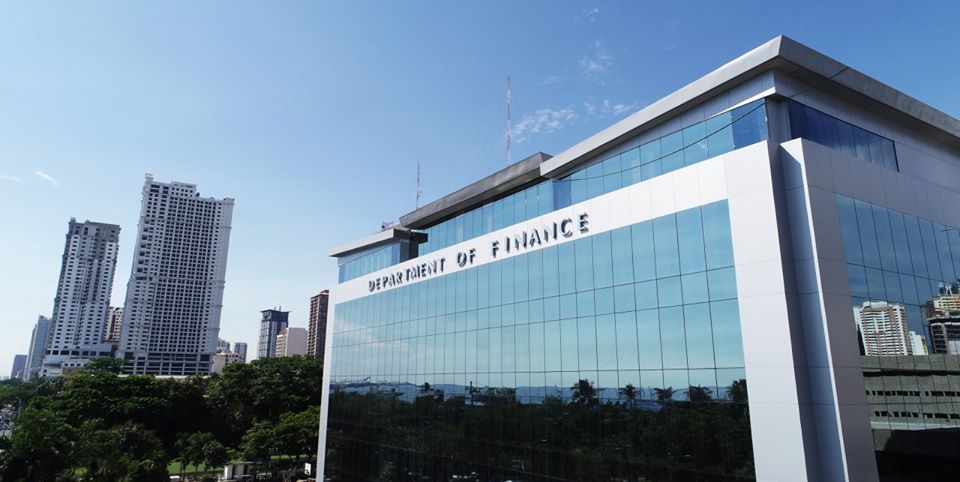Odette triggers Yolanda-like numbers, P2.7B PH payout from catastrophe bonds
MANILA, Philippines—In the aftermath of Typhoon “Odette” (international name Rai), the Philippines will draw nearly P2.7 billion from the catastrophe-linked (CAT) bond it issued prior to the pandemic.
“The results of the event calculation for the wind parameters reached the partial trigger for the bond, thus resulting in a payout for the government,” said the Department of Finance (DOF) in a statement on Tuesday (Jan. 25).
“The level triggered was for a ‘Yolanda’-type event or a 1-in-19 years severity typhoon hitting the Philippines,” the DOF said, referring to super typhoon Yolanda (Haiyan) that flattened central Philippines in 2013 and was the strongest typhoon to make landfall in recent history.
Yolanda had become a catalyst to issuing the CAT bond in 2019 as an additional layer of financial protection against shocks wrought by natural disasters.
The Philippines had raised a total of $225 million from the three-year CAT bond: $150 million covering losses from tropical cyclones, plus $75 million in protection for losses from earthquakes. This insurance-linked security (ILS) listed in the Singapore Stock Exchange (SGX) will mature on Dec. 2, 2022.
It was the Philippines’ first CAT bond, and the first in Asia, and also the first CAT bond listed in SGX, and the first listed in any Asian stock exchange as well as the first World Bank-issued CAT bond listed in SGX.
After the onslaught of Odette last Dec. 16, the Bureau of the Treasury sought an event calculation to trigger a payout from the CAT bond, for which the government pays the risk premium portion of the total coupon payment to creditors, the DOF said.
The payout will leave an outstanding coverage of $97.5 million for still rare very strong typhoons, while the earthquake coverage remained untouched.
“A second calculation would be done for the bond once precipitation data becomes available in the coming months,” the DOF said.
“Our successful CAT bond issuance in 2019 has now yielded tangible results that will benefit communities most vulnerable to the devastating effects of climate change,” Finance Secretary Carlos Dominguez III said.
“This financial instrument is just among the several innovative strategies that the government is undertaking to improve our resilience against natural calamities,” Dominguez said.
“We will continue to tap the international financial markets and create innovative structures and projects to achieve our goal of being a world leader in the fight against the climate crisis,” Dominguez added.
The Treasury on Tuesday raised P35 billion from reissued seven-year bonds at an average annual rate of 4.689 percent.
National Treasurer Rosalia de Leon said the full award came on the back of a “marked reduction in bids submitted” compared to the previous auction for bonds maturing in six years and six months. “The highest [bid rate] then was 5.2 percent against 4.75 percent [on Tuesday]; the average tracked secondary level” yields, she said. Bid rates hit a low of 4.6 percent.
Tenders reached P55.6 billion, making the auction 1.6 times oversubscribed. To date, this bond series has an outstanding volume of P224.9 billion.
The Treasury also opened its tap facility window to the 11 government securities eligible dealers (GSEDs)-market makers to sell another P5 billion in bonds maturing on Aug. 12, 2028.

